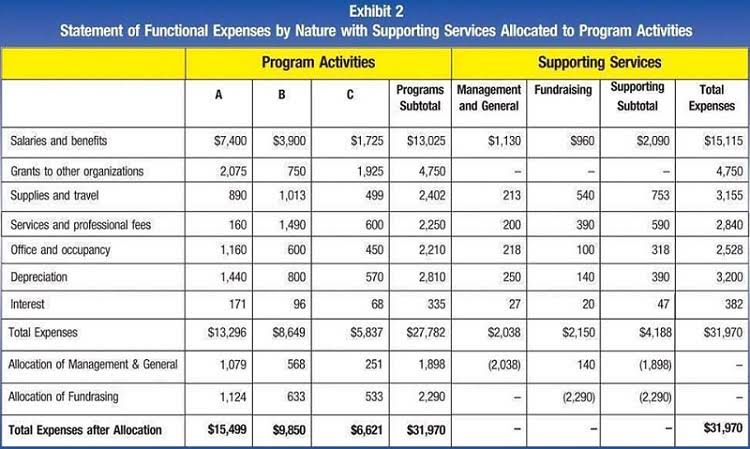
While, yes, the nature of the financial services sector means your job will be numbers focused, it doesn’t mean that your job will only involve crunching numbers. Meghan Gallagher is a Seattle-based freelance content writer and strategist. In Marketing Management and a background in digital marketing for healthcare, nonprofit, and higher education organizations.
Hilbert College
Prospective accountants have to complete a four-year bachelor’s degree in accounting. Most of undergraduate degrees in accounting require students to take 120 units or credits of course work, of which approximately half are credits in courses directly related to the study of accounting. After graduation, accountants who want to become professionals in the field have to take and pass a Certified Public Accountant, Certified Managerial Accountant or Certified Internal Auditor examination.
You’re a Team Player.
If you’re willing to accept responsibility when things go wrong and take steps to correct your mistakes, you have yet another quality that makes a good accountant. Accountants often have to work as part of a team with other accounting employees as well as employees in other departments. If you manage an accounting team or department, having leadership skills is also crucial. Your leadership do you have to be good at math to be an accountant skills can make it easier to train and mentor others and manage your team effectively and efficiently. Management accountants also go by job titles like private accountants, managerial accountants, cost accountants, corporate accountants and industrial accountants, according to the BLS. The majority of accounting work is transactional and repetitive on daily, quarterly and annual bases.

Build workplace skills.
The reason the BLS reports that you don’t need complex math skills to be an accountant is because the math used to manipulate numbers in accounting is generally basic. The notion that accounting is all about math is one of the most prevalent myths about accounting. Accountants certainly do work with numbers, and they follow formulas to create financial statements. However, those formulas are consistent and typically require accountants to simply plug in the right numbers. The math used in these formulas can be done with a calculator or spreadsheet software, so you don’t have to be a master at mental math or enjoy writing out the long-from solutions to complicated equations. As an accounting student, your core business and accounting major curricula might include classes like business analytics, business calculus or business statistics.
What Else You Need Besides Accounting Mathematics
Not only will it look great on your resume and help you land a better job in the future, but it will help you understand the field better and maybe even lead you to a specialty. If you’re organized and enjoy working with numbers, a career in accounting could be a good fit. Compared to other accountants, CPAs have more professional responsibilities and privileges.

Time Management and Organization
- Compared to other accountants, CPAs have more professional responsibilities and privileges.
- If you’re the type who keeps going no matter how challenging or tough certain situations get, accounting might be the right field for you.
- Accounting programs usually require business and management courses as well as statistics.
- Accountants need to be comfortable working with software and other tech tools that handle these calculations.
- To prepare for these exams, students typically take additional specific courses either at their university or through test preparation companies.
The notion that an accountant needs to be some sort of mathematics genius is completely false. Maths students have a deep understanding of complex mathematical principles, and have the ability to problem solve and use deductive reasoning in a theoretical/abstract manner. In addition, the ability to analyze financial data, solve accounting problems, communicate with clients and identify errors are critical accounting skills.

You need to be good at maths to be an Accountant
All states require CPAs to complete continuing education to maintain their licenses. The BLS reports an annual median salary of $78,000 for accountants and auditors as of 2022—more than $30,000 above the median annual wage for all occupations https://www.bookstime.com/ nationwide. As the global economy grows and tax laws and regulations become more complex, accountants should remain essential to the economy. Notably, Black, Hispanic and Native American accountants remain underrepresented in their field.
Financial Mathematics ¶
Accountants calculate the amount of interest owed on a loan and how companies should allocate their assets. As a result, accountants need to know how to work with fractions, decimals and percentages, including how to convert percentages. The ability to manage percentages allows accountants to assess risk, calculate future losses or gains, and precisely interpret financial data.
BBA and BSBA degree programs are less likely to require extensive studies in mathematics, but they also focus more on a general business core than on more specialized accounting topics. However, you would probably spend considerably more of your coursework taking general business classes in topics like human resources, management, marketing, and strategic planning for business. If math skills exist on a continuum, you don’t have to be the biggest math wiz to work in accounting.



